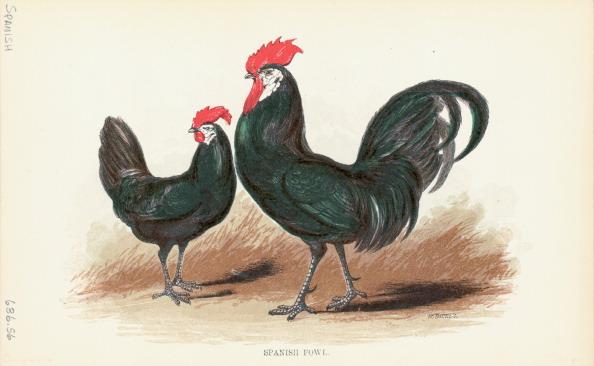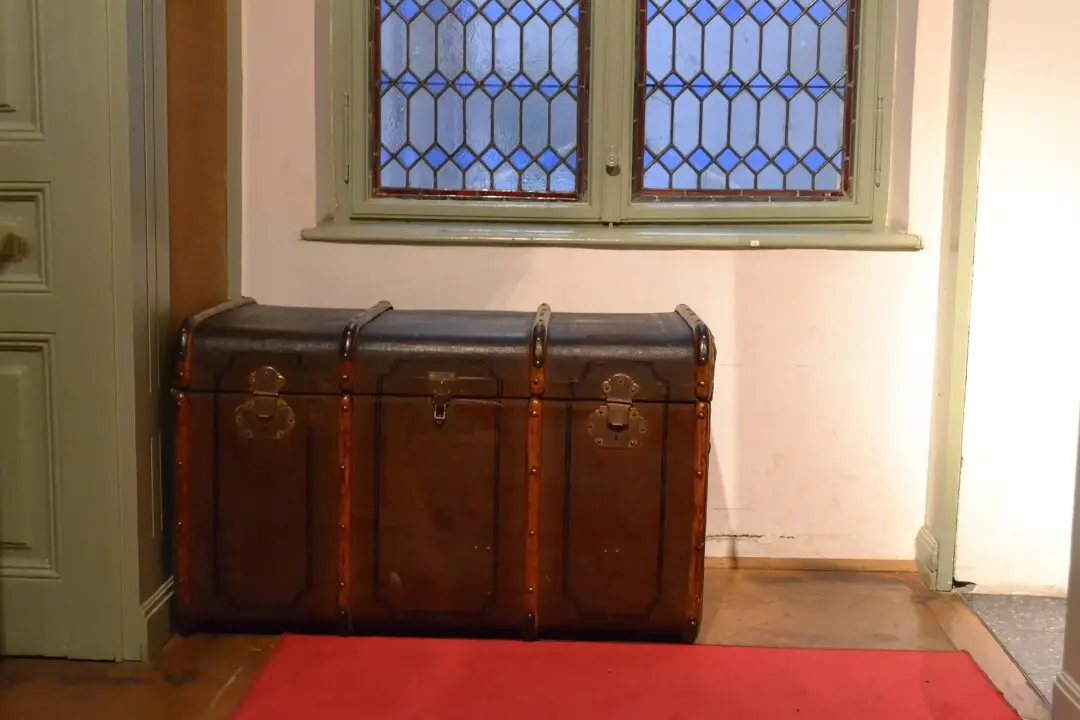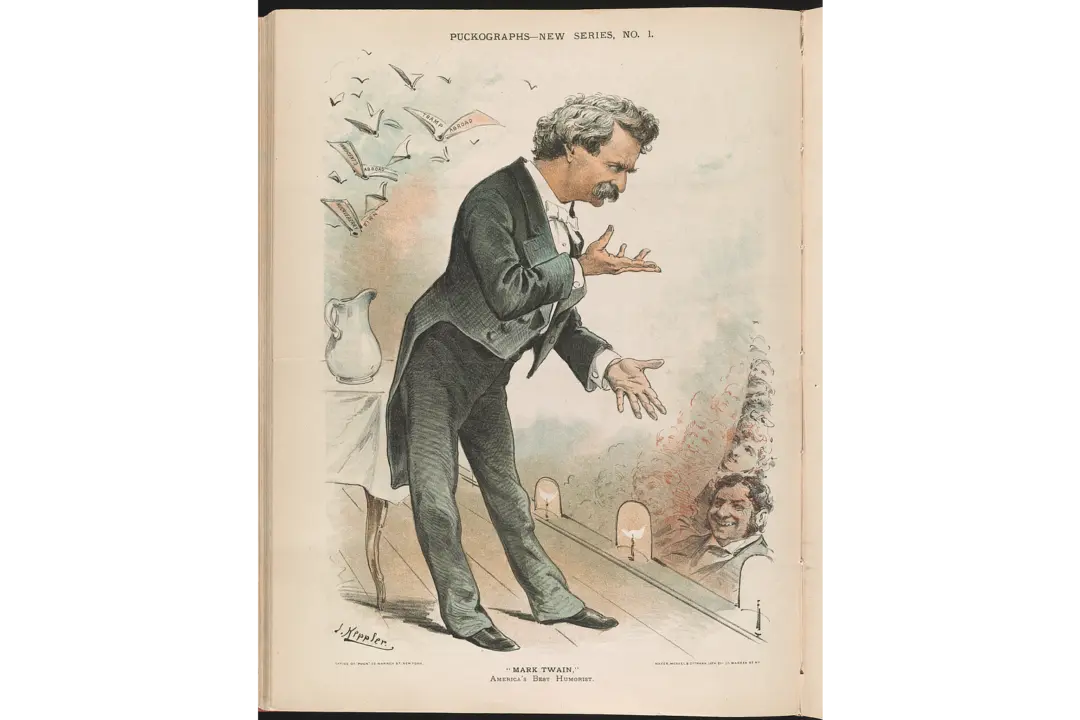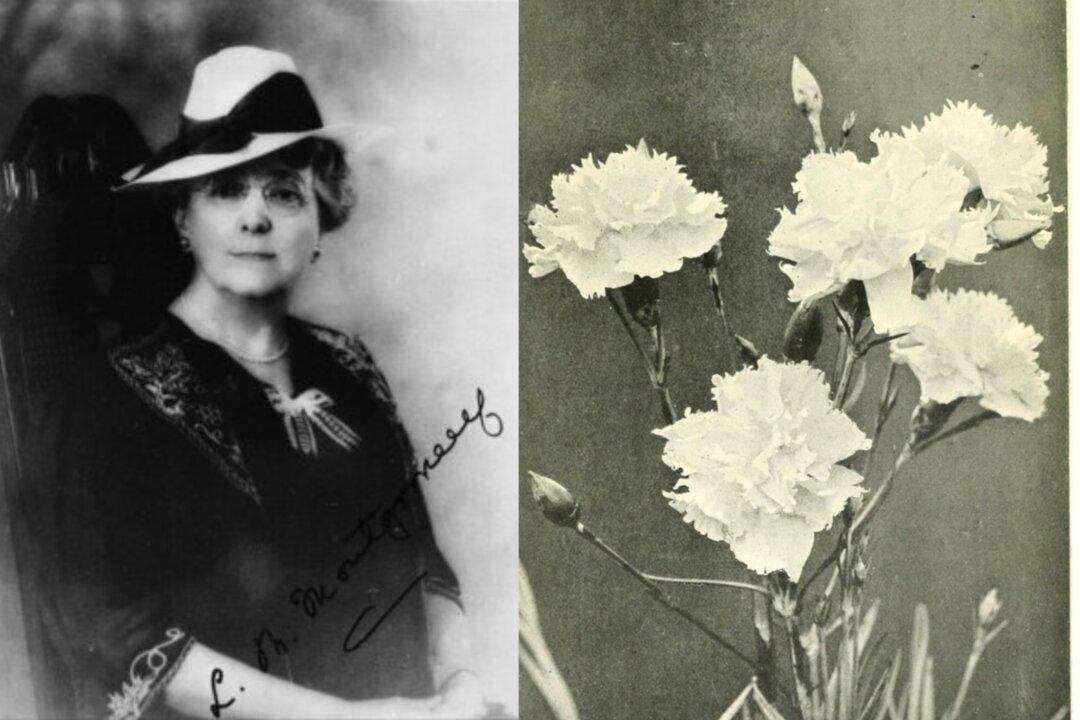Humor is one of the greatest gifts that mankind has been given. It gives us the ability to bring lighthearted joy into our otherwise serious lives and reminds us of our humanity.
In his short story “To Raise Poultry,“ Mark Twain shows the importance of humor in our lives. By changing the meaning of a simple phrase, ”raising poultry,” Twain brings a merriment that lightens the serious dignity of a position.






